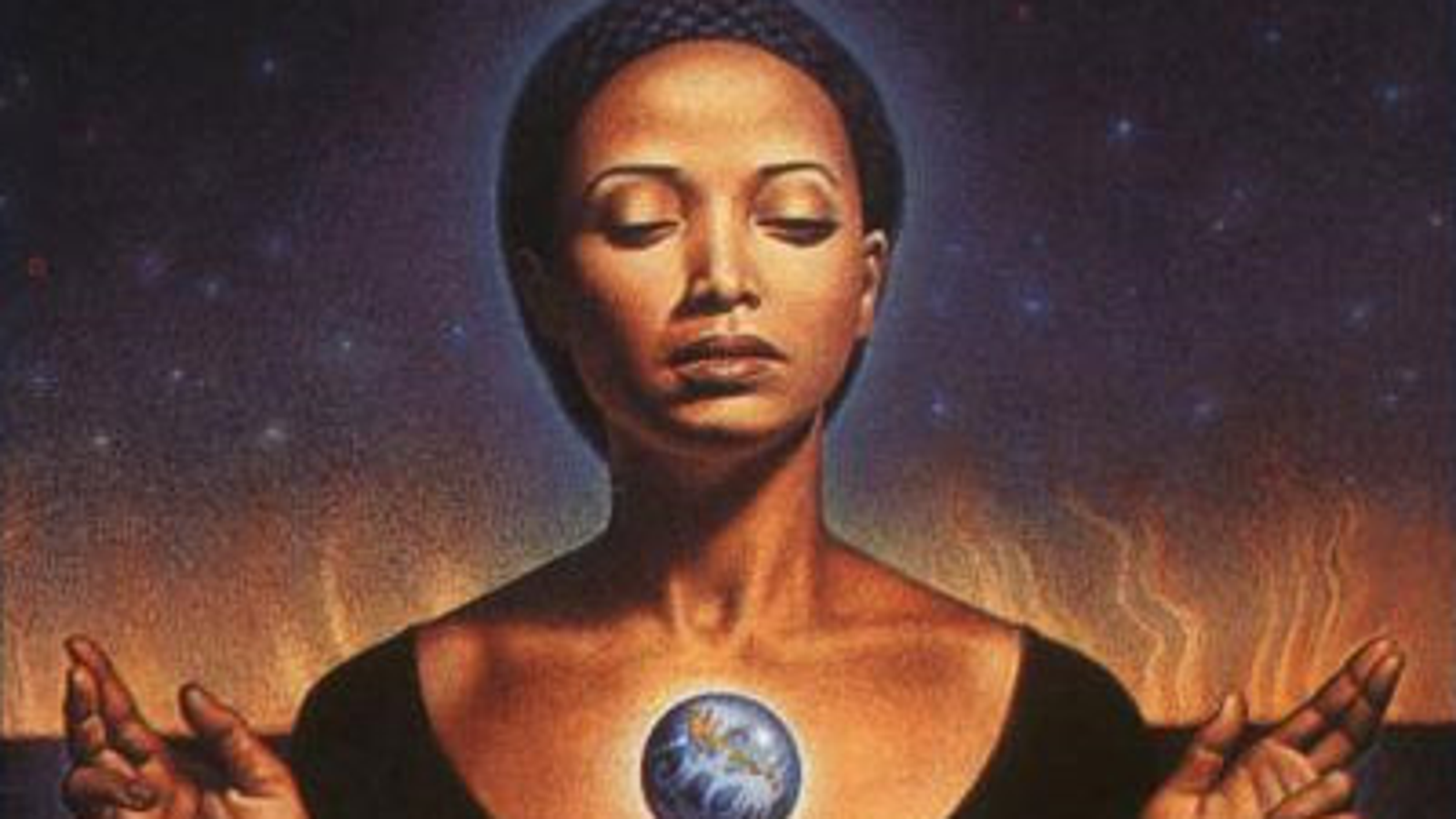

She is wounded, in great pain but gradually she heals, and finds that she knows how to do what she needs to do: hunt, kill, and feed. She knows there are others, and therefore she feels alone but she doesn’t know who those others are. She has language, but many of her words lack referents. She can’t remember who or what she is she doesn’t even know her own name.


Fledgling begins with a narrator who awakens in the dark, knowing nothing except an immense hunger. Fledgling is, among other things, a book about the mystery of beginnings. Butler is after something subtler than our usual (and far too familiar and commodified, at this point) romances with the “dark side” (not to mention that we ought to be more aware than we - or white people, at least - usually are of the racial connotations of a phrase like “dark side.”) But there’s nothing atavistic about Butler’s Ina (as her vampires call themselves): they have a culture, with laws and customs, kinship groups, a religion and an ethics and a politics, and disputes and power struggles about all these things - just as any group of human beings does. They give body to our least avowable desires and fears. Vampires are usually disruptive forces from the unconscious. But its dynamics are far different from any other vampire tales I know. Butler’s new novel, Fledgling, is a vampire story.


 0 kommentar(er)
0 kommentar(er)
